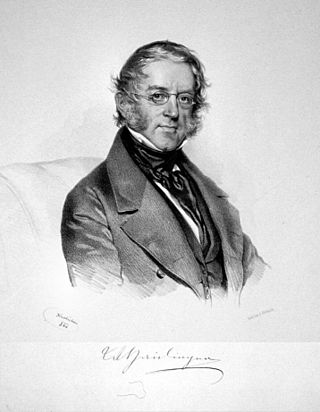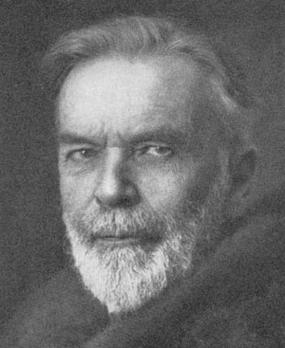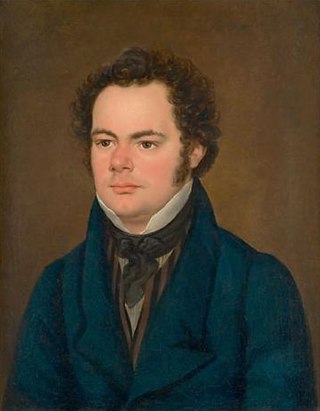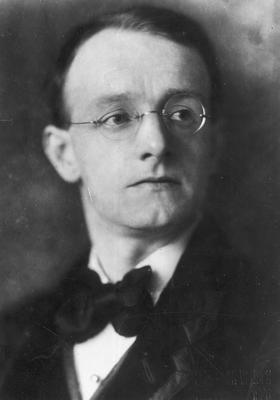Related Research Articles

Gera is a city in the German state of Thuringia. With around 93,000 inhabitants, it is the third-largest city in Thuringia after Erfurt and Jena as well as the easternmost city of the Thüringer Städtekette, an almost straight string of cities consisting of the six largest Thuringian cities from Eisenach in the west, via Gotha, Erfurt, Weimar and Jena to Gera in the east. Gera is the largest city in the Vogtland, and one of its historical capitals along with Plauen, Greiz and Weida. The city lies in the East Thuringian Hill Country, in the wide valley of the White Elster, between Greiz (upstream) and Leipzig (downstream). Gera is located in the Central German Metropolitan Region, approximately 60 kilometres south of Saxony's largest city of Leipzig, 80 km east of Thuringia's capital Erfurt, 120 km west of Saxony's capital Dresden and 90 km north of Bavaria's city of Hof (Saale).

Wilhelm Karl Ritter von Haidinger was an Austrian mineralogist.

Isoetaceae is a family including living quillworts (Isoetes) and comparable extinct herbaceous lycopsids (Tomiostrobus).

The Köstritzer brewery is one of the oldest producers of Schwarzbier in Germany. It is in Bad Köstritz, close to Gera in Thuringia.
Sturm und Drang was a proto-Romantic movement in German literature and music that occurred between the late 1760s and early 1780s. Within the movement, individual subjectivity and, in particular, extremes of emotion were given free expression in reaction to the perceived constraints of rationalism imposed by the Enlightenment and associated aesthetic movements. The period is named after Friedrich Maximilian Klinger's play of the same name, which was first performed by Abel Seyler's famed theatrical company in 1777.
Wilhelm Killmayer was a German composer of classical music, a conductor and an academic teacher of composition at the Hochschule für Musik und Theater München from 1973 to 1992. He composed symphonies and song cycles on poems by Friedrich Hölderlin, Joseph von Eichendorff, Georg Trakl and Peter Härtling, among others.
Otto Wilhelm Thomé (1840–1925) was a German botanist and botanical artist from Cologne, best known for his compendium of botanical illustrations Flora von Deutschland, Österreich und der Schweiz in Wort und Bild für Schule und Haus, the first of 4 volumes with a total of 572 botanical illustrations, published in 1885 in Gera, Germany. Another 8 volumes were added to the set by Walter Migula with the republication in 1903. From 1897 to 1899, he was the Headmaster of the Business School Cologne.

Archduke Wilhelm Franz Karl of Austria-Teschen was an Archduke of Austria from the House of Habsburg.
Karl Wilhelm von Dalla Torre was an Austrian taxonomist, entomologist and botanist.

Wilhelm Ludwig Geiger was a German Orientalist in the fields of Indo-Iranian languages and the history of Iran and Sri Lanka. He was known as a specialist in Pali, Sinhala language and the Dhivehi language of the Maldives. He is especially known for his work on the Sri Lankan chronicles Mahāvaṃsa and Cūlavaṃsa and made critical editions of the Pali text and English translations with the help of assistant translators.

Grotrian-Steinweg, known as Grotrian in the US, is a German manufacturer of prestige pianos. The company is based in Braunschweig, Germany, commonly known as Brunswick in English. Grotrian-Steinweg makes premium grand pianos and upright pianos.

Franz Schubert's best known song cycles, like Die schöne Müllerin and Winterreise are based on separate poems with a common theme and narrative. Other song cycles are based on consecutive excerpts of the same literary work: Schubert's "Ave Maria" is part of such a song cycle based on excerpts of the same poem, in this case by Walter Scott.

Gerhard Zwerenz was a German writer and politician. From 1994 until 1998 he was a member of the Bundestag for the Party of Democratic Socialism (PDS).
R. Görs & Kallmann was a piano manufacturer in Berlin, Germany.
Carl Dörr was a piano manufacturer in Wieden, Vienna, Austria.

Fidelio Friedrich "Fritz" Finke was a Bohemian-German composer.
Helmuth Osthoff was a German musicologist and composer. Much of his career was spent at Frankfurt University, prior to which he held posts at Halle University and Berlin University. He wrote the first major biography on the composer Josquin des Prez, published as a two volume monograph in 1962 and 1965
Edmund Konstantin Wilhelm von Borck was a German composer of (modern) classical music and a conductor.
References
- ↑ "Geschichte - Restaurationswerkstatt Wilhelm Spaethe sen". restauration-gera.de. Retrieved 2016-01-31.
- ↑ Handbuch des Allerhöchsten Hofes und des Hofstaates Seiner K. und K. Apostolischen Majestät., Vienna: K.k. Hof- und Staatsdruckerei, 1917, p. 520